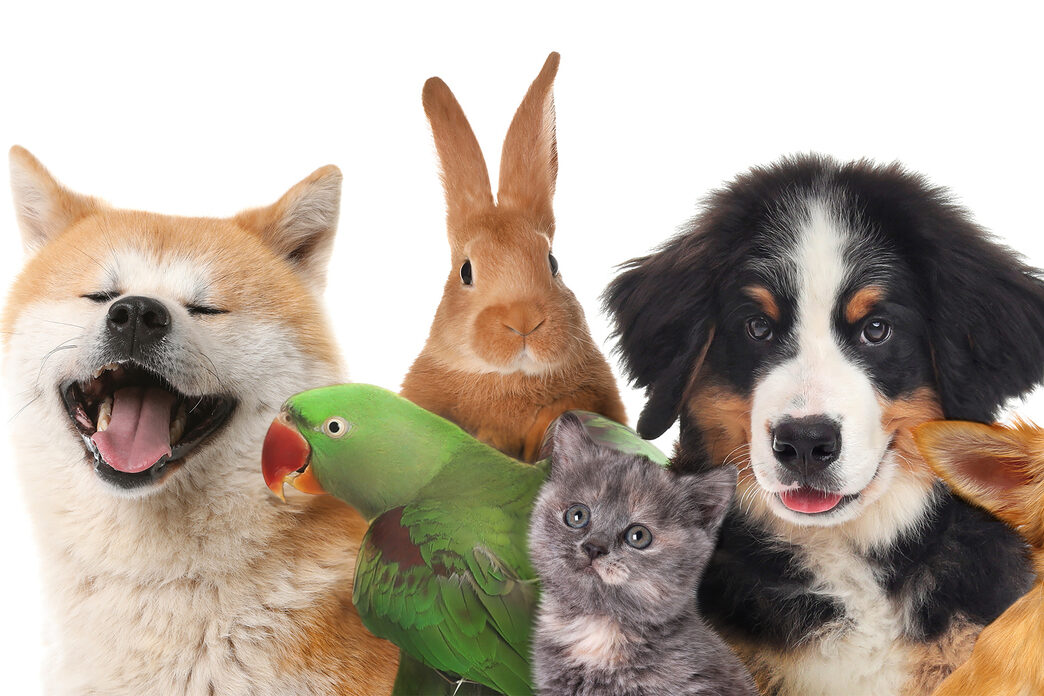
Pets aren’t just pets anymore. They’re emotional lifelines, silent confidants, and sometimes the only thing standing between us and the heavy silence of being alone. But when does our love for them cross into leaning on them a little too much? Understanding the ways we turn our pets into emotional placeholders can help us care for them and ourselves, a little better. Here’s what we often don’t realize we’re doing.
1. Relying on Pets for Unmet Emotional Needs
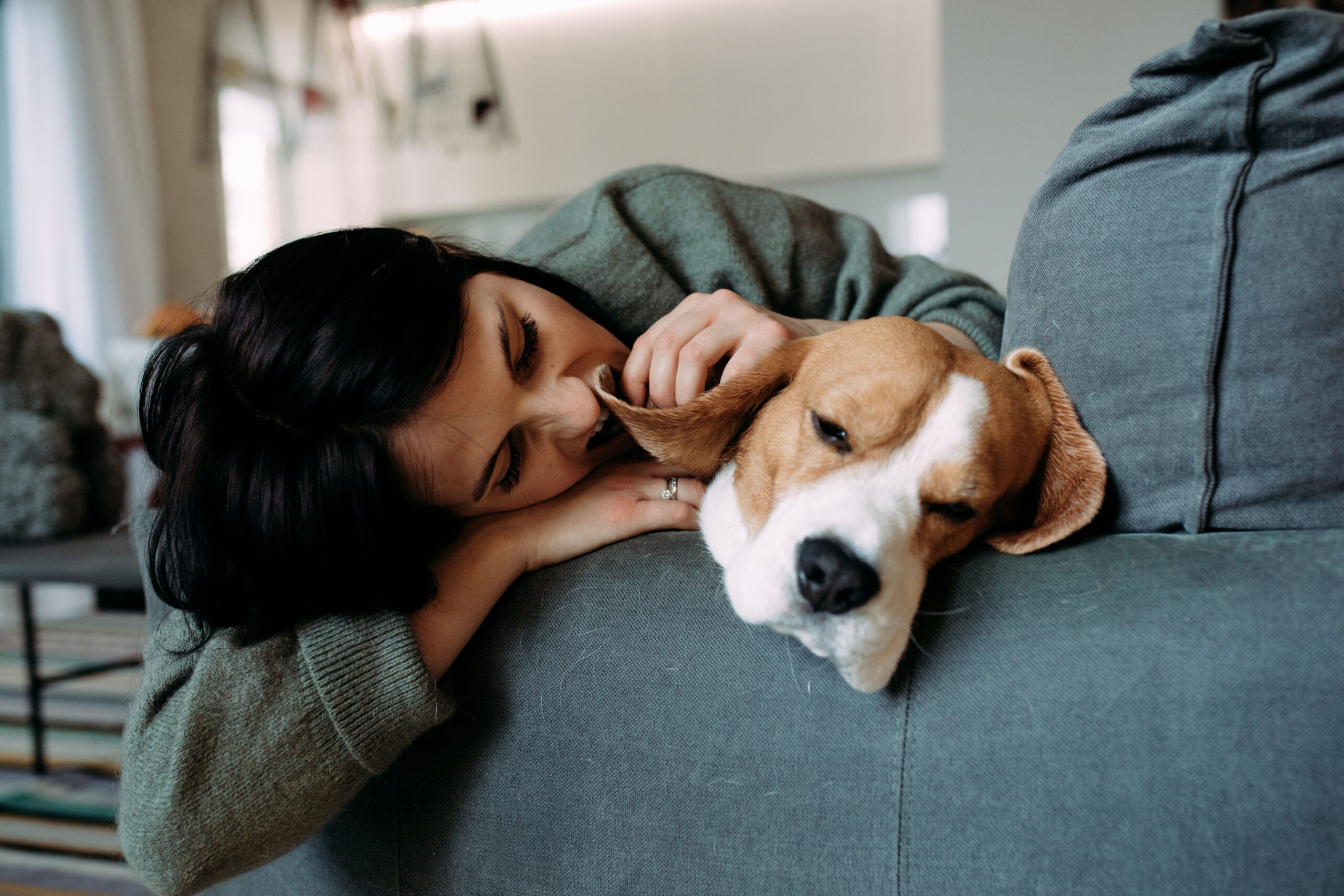
When human relationships fall short, it’s easy to shift our emotional weight onto our pets. Instead of addressing complicated feelings with people, we pour that energy into our animals, expecting them to fill gaps they were never designed to handle. Experts say that while pets offer valuable comfort, they can’t replace the full range of connection and understanding we need from human bonds. Over time, this dynamic can deepen our isolation without us even noticing, leaving both us and our pets burdened by unspoken expectations.
Source: Cabidigitallibrary
2. Expecting Pets to Heal Our Loneliness

Loneliness is a powerful force, and adopting a pet can feel like the perfect antidote. The unconditional love they offer seems to patch the wounds people leave behind. However, experts caution that using pets as a stand-in for community or deeper relationships can create an unhealthy emotional dependence. Instead of building a support network with people, some find themselves retreating into a life where their only real connection is with their pet, leaving social muscles to quietly weaken over time.
Source: Balanceapp
3. Projecting Our Emotions Onto Them
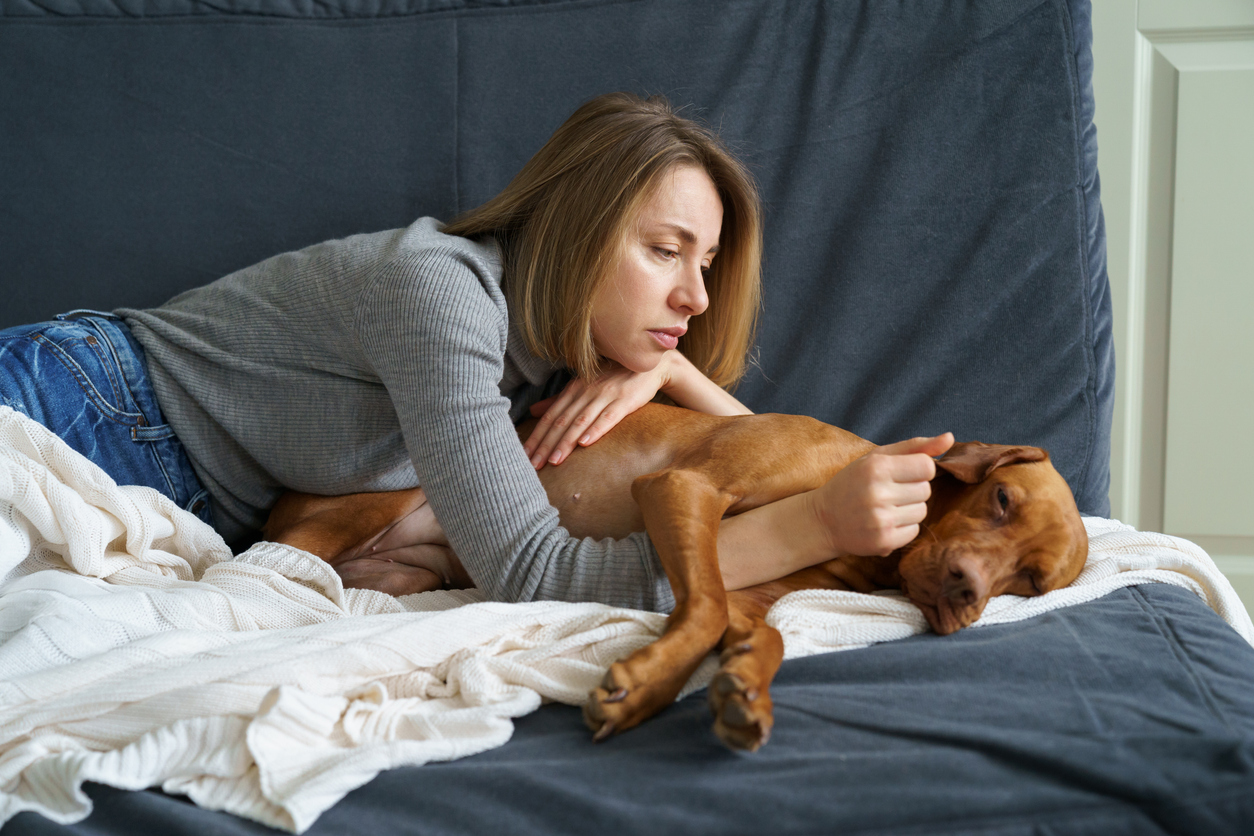
It’s natural to imagine our pets understand our moods, after all, they often react to our tears, our laughter, and our silences. But the danger comes when we start projecting complex human emotions onto them, assuming they feel the same sadness, anger, or frustration we do. Experts note that while animals are sensitive to energy, they don’t internalize human struggles the way we do. Believing they “know exactly how we feel” can keep us from processing emotions properly and seeking healthier emotional outlets.
Source: CBT Professionals
4. Making Them the Center of Our Worlds
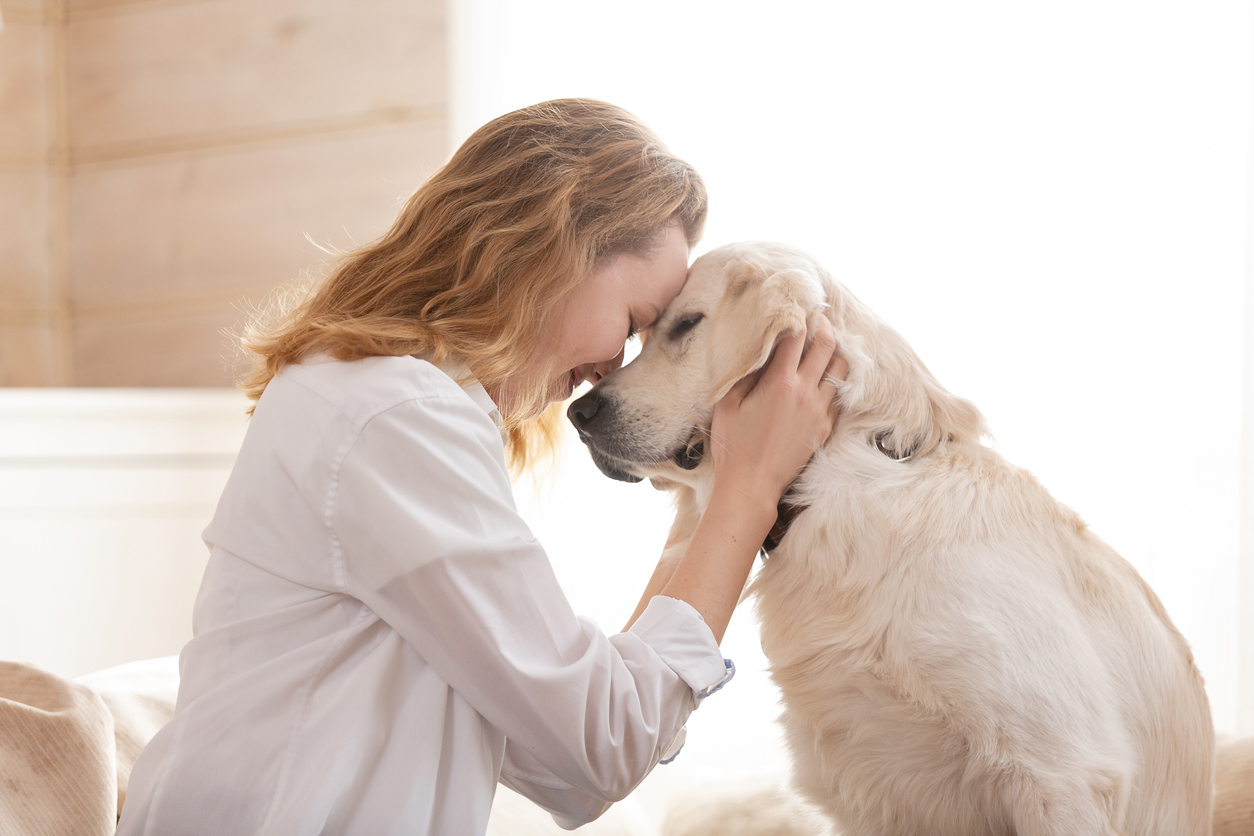
It starts small: rearranging our schedules for walks, spending weekends only with them, planning life events around their needs. Over time, our pets can become the central pillar of our lives without us realizing it. While deep love for an animal is beautiful, experts highlight the risk of over-attachment. It can lead to unhealthy dependency where pets serve as a shield from facing fears, failures, or insecurities that relationships with humans inevitably bring. Balance, they stress, is the key to a full, healthy emotional life. Source: RENPHO US
5. Using Them as a Replacement for Healing
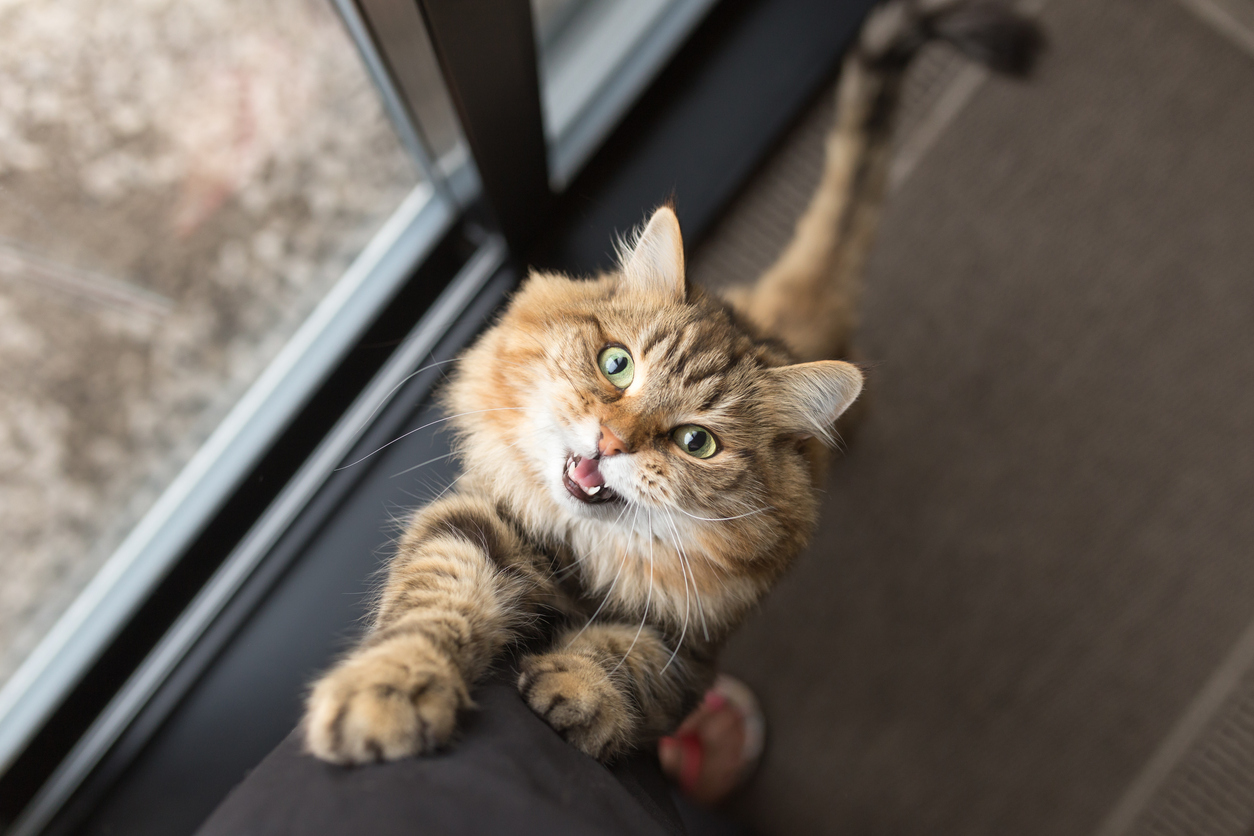
After heartbreak, betrayal, or grief, welcoming a pet into our lives feels like a soothing balm. Their loyalty is pure, their affection uncomplicated. But sometimes, instead of doing the hard emotional work of healing, we use our pets as a fast-track to feeling better. Experts gently point out that while pets offer priceless comfort, they can’t do the deeper work of helping us grow past trauma. When healing is outsourced to an animal, we risk staying stuck in old wounds, never giving ourselves the chance to truly move forward.
Have you ever caught yourself leaning on your pet a little too much? Share your story in the comments, we’d love to hear how your furry (or feathered, or scaly!) friend helped you through tough times.


